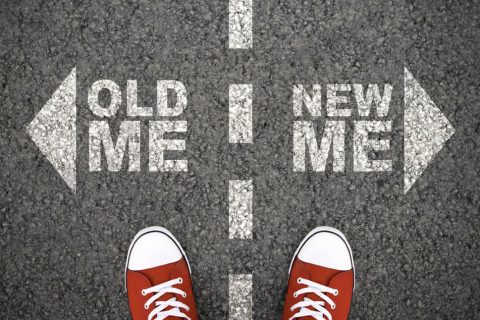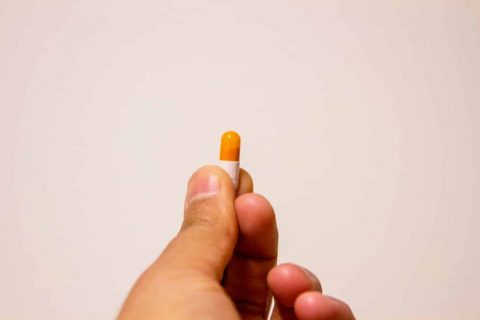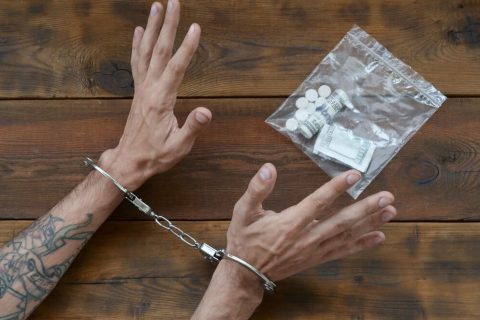How to Recognize the Signs of Relapse and How to Prevent It

Recovery from addiction is a courageous journey, marked by moments of strength and vulnerability. While achieving sobriety is a significant milestone, it’s essential to acknowledge that the path to recovery can be challenging and that relapse is a possibility. However, recognizing the signs of relapse and having effective prevention strategies in place can significantly increase your chances of maintaining your sobriety. In this blog post, we’ll explore how to recognize the signs of relapse and provide valuable tips on how to prevent it.
Understanding Relapse
Relapse is the return to addictive behaviors and substance use after a period of abstinence. It can be a demoralizing and discouraging experience, but it’s crucial to remember that relapse is not a failure. Instead, it’s a signal that additional support and adjustments to your recovery plan may be needed.
Common Signs of Relapse
Recognizing the signs of relapse early can be the key to preventing it. Here are some common indicators that you or a loved one may be at risk of relapse:
- Emotional Instability:
Heightened emotions, increased irritability, mood swings, and feelings of hopelessness can indicate emotional distress that may lead to relapse.
- Isolation:
Withdrawing from social activities, support groups, or therapy sessions can be a sign that you’re distancing yourself from crucial sources of support.
- Returning to Denial:
Denial is a common defense mechanism that can resurface as a sign of impending relapse. If you find yourself minimizing the seriousness of addiction or your need for help, it’s essential to address these thoughts.
- Neglecting Self-Care:
Abandoning healthy routines, such as exercise, nutrition, and sleep, can contribute to emotional and physical vulnerability, increasing the risk of relapse.
- Resuming Old Habits:
Reconnecting with friends who use substances or visiting places where you used to use can be a slippery slope toward relapse.
- Unmanageable Stress:
Overwhelming stress and an inability to cope with life’s challenges may lead to the temptation to self-medicate with substances.
- Lack of Accountability:
Avoiding accountability for your actions or failing to be honest with your support system can indicate that you’re not fully committed to your recovery.
- Increased Cravings:
Intensified cravings for drugs or alcohol are a clear sign that your recovery is at risk.
Preventing Relapse
Preventing relapse involves a proactive approach that incorporates various strategies to safeguard your sobriety. Here are some valuable tips on how to prevent relapse:
- Build a Strong Support System:
Surround yourself with a supportive network of friends, family members, and peers who understand your journey and are committed to your sobriety. Attend support group meetings regularly, and consider seeking the guidance of a sponsor or counselor.
- Learn and Apply Coping Skills:
Develop healthy coping mechanisms to manage stress, triggers, and cravings. Techniques such as deep breathing, meditation, exercise, and journaling can help you navigate challenging emotions without resorting to substances.
- Maintain a Structured Routine:
Structure and routine can provide stability and reduce the likelihood of impulsive decisions. Create a daily schedule that includes time for self-care, work, support group meetings, and leisure activities.
- Identify Triggers:
Recognize the situations, emotions, and people that trigger cravings or thoughts of substance use. Once identified, work on strategies to avoid or cope with these triggers effectively.
- Seek Professional Help:
If you’re experiencing signs of relapse or struggling to maintain your sobriety, don’t hesitate to seek professional help. Reach out to a therapist, counselor, or addiction specialist who can provide guidance and support.
- Practice Self-Care:
Prioritize self-care by nurturing your physical, emotional, and mental well-being. This includes eating a balanced diet, exercising regularly, getting adequate sleep, and engaging in activities that bring you joy and relaxation.
- Develop Relapse Prevention Strategies:
Work with your therapist or counselor to create a relapse prevention plan. This plan should include strategies for managing triggers, coping with stress, and maintaining your support network.
- Keep a Relapse Journal:
Maintain a journal where you document your thoughts, feelings, and experiences related to recovery. This journal can help you track your progress, identify patterns, and recognize signs of relapse early.
- Celebrate Milestones:
Acknowledge and celebrate your achievements and milestones in recovery. Whether it’s a day, a week, a month, or a year of sobriety, these celebrations can reinforce your commitment and motivation.
- Be Mindful of Self-Talk:
Pay attention to your inner dialogue and practice self-compassion. Avoid negative self-talk and self-blame. Remember that recovery is a journey with ups and downs, and relapse does not define your worth or character.
- Create a Sober Support Network:
Build connections with individuals who are also committed to sobriety. Attend sober events, join sober sports leagues or clubs, and participate in activities that align with your recovery goals.
- Have a Relapse Plan:
Develop a relapse plan in collaboration with your support team. This plan should outline the steps to take if you recognize the signs of relapse, including who to contact and where to seek help.
- Stay Educated:
Continue to educate yourself about addiction, recovery, and relapse prevention. Knowledge is a powerful tool in maintaining your sobriety.
Conclusion
Recovery is a lifelong journey that requires commitment, effort, and resilience. While relapse can be a part of that journey, recognizing the signs and having effective prevention strategies in place can help you stay on the path to sobriety. Remember that seeking help and support is a sign of strength, and you’re not alone in your recovery journey. By building a strong support system, developing coping skills, maintaining a structured routine, and practicing self-care, you can reduce the risk of relapse and continue to progress toward a healthier, happier, and more fulfilling life in sobriety.





